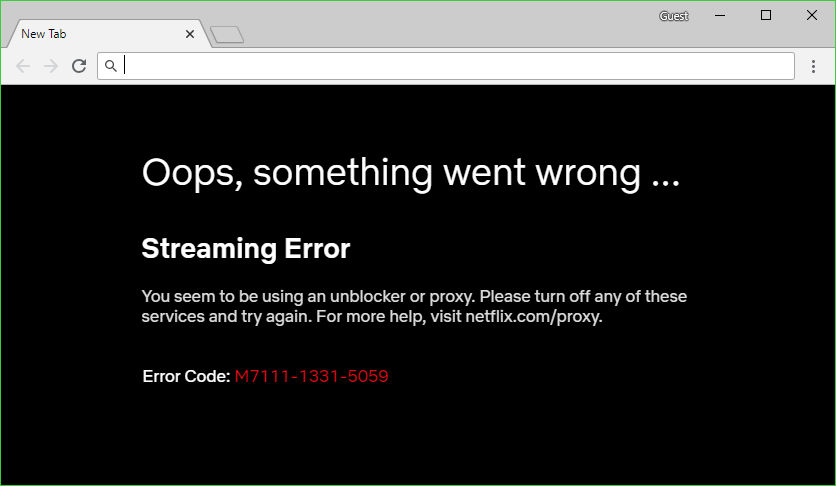How using a VPN can help you stream more content
Region-restricted content can be yours, but watch those Ts&Cs...

To state the obvious, there has never been a better time to indulge in great content from streaming services. A wealth of options are currently available, from Netflix to Disney Plus, and newly launched HBO Max to Amazon Prime.
Depending on your location, however, you can’t watch them all. For example, Netflix has its own catalogue of content for each country, which means viewers in the UK get a lot of different content from those in the United States (and vice versa). But what if you want to watch all the content?
Fortunately, there is a way, and it comes in the form of a VPN, or virtual private network. A VPN is a handy piece of software that encrypts your internet traffic and - crucially - allows you to change your IP address to a country of your choice.
Here’s everything you need to know about using a streaming VPN service to watch more content.
Why you can’t stream some content online
In theory, watching a stream should be as simple as clicking the play button. Yet, every time you stream a video online, your device sends information to your server’s IP address and tells the streaming service your location.
If you’re trying to watch region-blocked content on a streaming service like Netflix, you’ll receive a message like the one below informing you that you can’t watch from your current location.
And some streaming services you might not be able to access at all, for example, the BBC iPlayer if you’re outside the UK.
Get daily insight, inspiration and deals in your inbox
Sign up for breaking news, reviews, opinion, top tech deals, and more.

How does a VPN help you unlock more content?
A VPN allows you to mask your location and tell the streaming service that you’re somewhere different. For example, you might be located in the UK, Australia or Timbuktu, but through your VPN you can select a US-based server, which will give you a US IP address. With this IP address, you can now access content and streaming services restricted to the US.
However, some streaming services are very good at detecting when a VPN is in use, Netflix in particular. To give you the best chance of successfully accessing region-restricted context, choose a VPN with a good reputation for streaming. You’ll also want to look out for a provider with many servers in multiple countries and locations, such as ExpressVPN or NordVPN.
What else can a VPN do?
Other than providing unrestricted access to a range of streaming services and content, VPNs also give you more security online. VPN servers are encrypted, which makes it hard for hackers to get hold of your personal information.
The better VPNs use lots of servers to minimize slow down when you’re online. This is especially beneficial if you’re streaming content in 4K, as any interruptions to your service will be few and far between.
VPNs also work on multiple devices, so you’re not rooted in watching streaming services solely from computers like Apple Macs, PCs, or Chromebooks. Smart TVs, phones, and tablets are also VPN friendly, giving you more choices for how you watch content online.
But...is streaming with a VPN allowed?
There's always a but! According to its Ts&Cs, Netflix doesn't allow VPN use. And other streaming services also have some restrictions on using VPNs and proxies while you stream. So if you do install and use a Netflix VPN, it's always going to be at your risk.
That said, although Netflix will and block you from using a VPN to watch movies and shows not available in your region, we're not aware of anybody actually having their account suspended for such activity.
For more on this, read our dedicated article: Is streaming with a VPN legal?
How using a VPN can help you stream more content
You no longer need to be frustrated when trying to access content not available in your part of the world. With a VPN, you can catch your favorite shows from any location. And you can do it while securing your connection online - just beware of breaching any Ts&Cs from your chosen streaming service.
Read more:
- What about UK shows? Discover the best BBC iPlayer VPN
- ExpressVPN vs NordVPN: compare two of the game's biggest players
- Stream all this on your mobile - see the best Android VPN apps